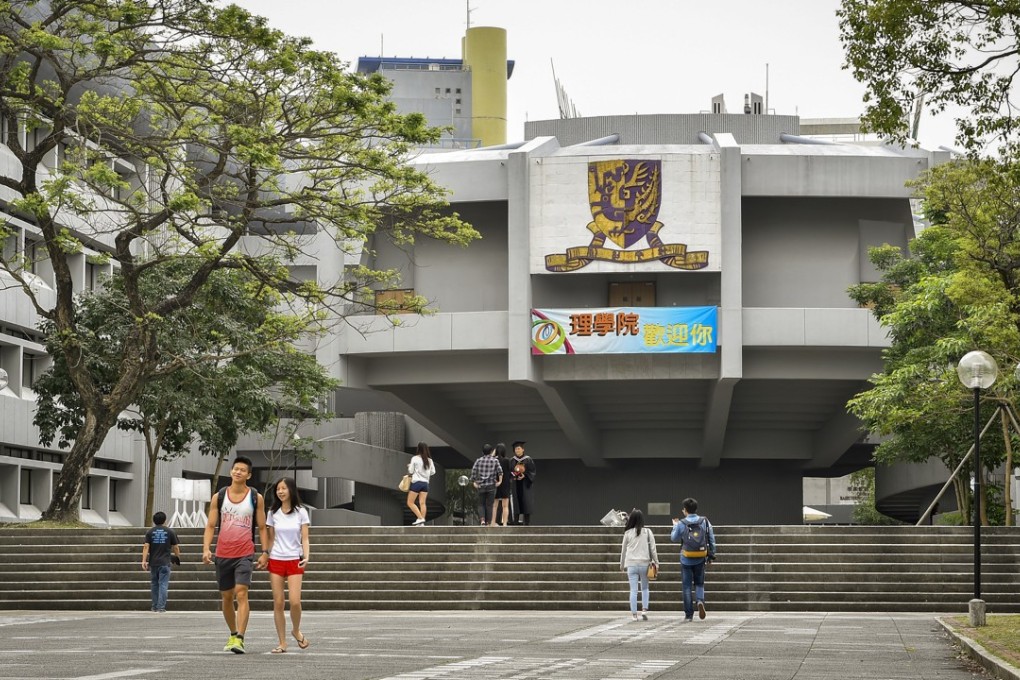Chinese University to charge for handling waste in pitched battle
Reducing waste a high priority for institution that produced 872 tonnes in 2015/16

The Chinese University of Hong Kong is preparing to charge its faculties and dormitories for handling waste in a campaign to reduce squander and pave the way for a citywide scheme from 2019.
The university said it also intended to build its own food waste treatment factory to cut transport costs to the government’s facility on Lantau Island for its 2.5 tonnes of daily leftovers.
Sending solid waste to landfill is estimated to cost the university more than HK$300,000 per year, according to the gate fee of HK$365 per tonne proposed by the government.
This calculation is based on the fact the university produced 872 tonnes of waste in 2015/16, excluding food remains from diners on campus.
“The sum we collect internally will surpass the gate fee because it also covers expenses including designated trash bags, collection and transportation,” said Fan Jor-ching, sustainability manager of the university’s real estate management office.